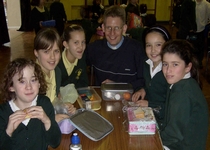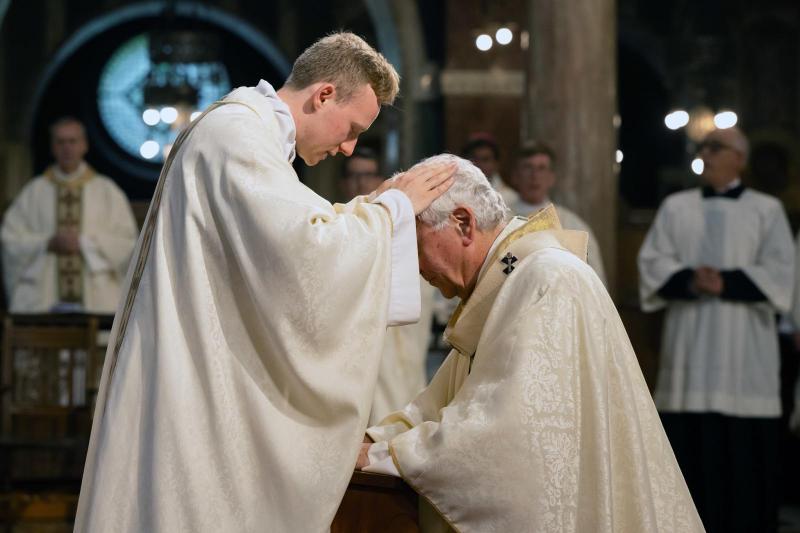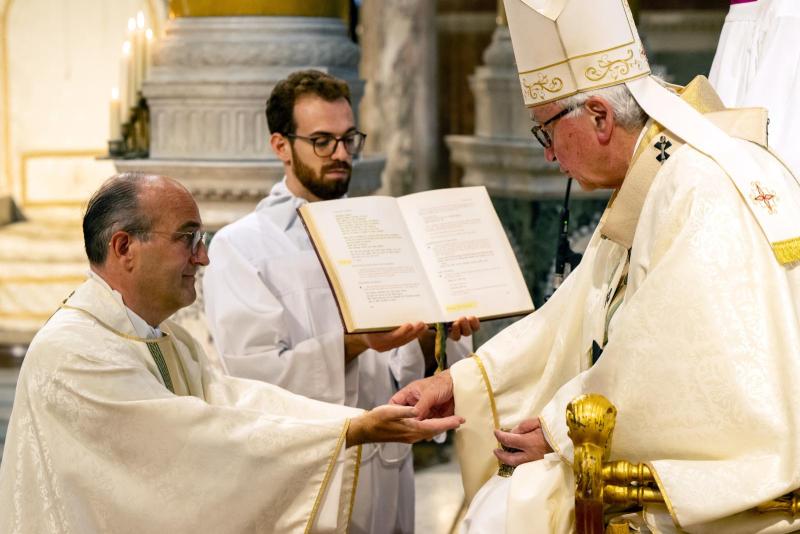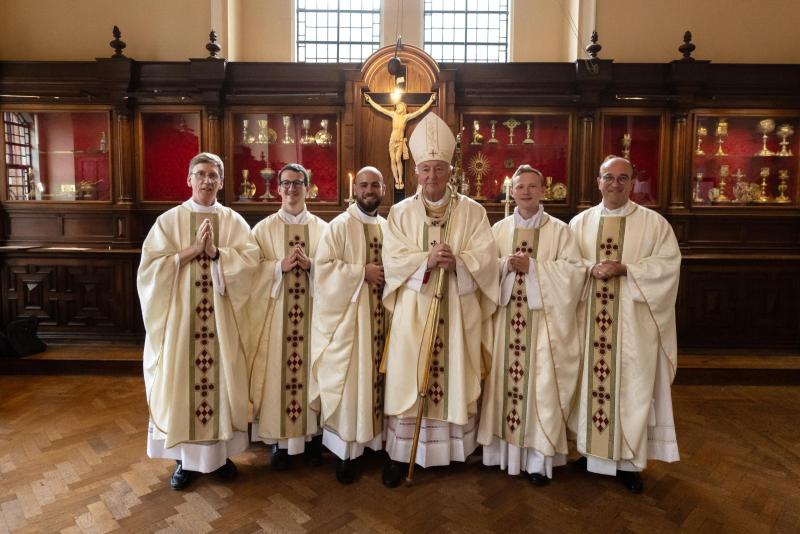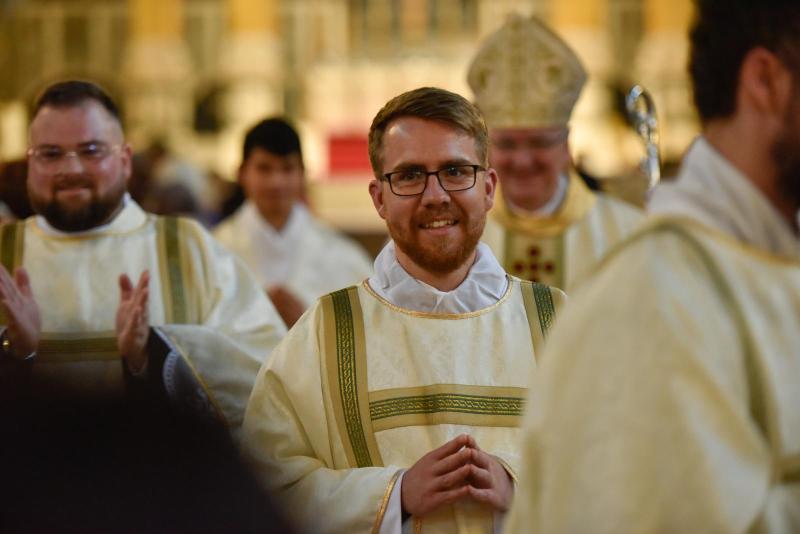Ever since the day when a three year old asked me, as a spotty teenager, whether I had measles, I’ve always been scared of children, and so one of my hopes for being a priest was that I’d never have to work with them again.
That hope was cruelly dashed on my first parish placement when I was told that a weekly visit to the primary school was more or less an expectation, and so every Wednesday afternoon for a term I’d traipse up to Annunciation Infant School in Burnt Oak to help the children with their maths. A similar thing occurred almost every week in form or another for the next three years, with a steady progression from observing what happened in the classroom, to learning to take small groups, and eventually talking to entire classes, so that when the time came for me to eventually become a priest, celebrating Mass in front of an entire school was no longer as scary as it could have been. And by that time I no longer dreaded going into school, hoping that I’d have a tummy ache or that it would snow or that the school would burn down, but actually began to rather enjoy those visits.
Since then, work in schools both primary and secondary, and generally with young people has turned out to be a major part of priestly ministry. Some of it is quite fun, I’ve always enjoyed playing with the train set in Reception class, and fascinating conversations such as the one where a six year old told me that “Jesus has two hearts” and that “when we get old, God sacrifices us to make room for the other babies”! Some of the work is quite moving – to have a class of young people listening to your every word is an unforgettable experience, if only because it doesn’t happen very often! Sometimes it can be hard work too, a certain amount of preparation is required to preach a homily or address a class, if you want to engage them properly and keep the teachers and parents on your side.
Of course it’s always good to work with people and share the happy times of life, but sometimes the tragedies and sad parts of life can also affect this area of ministry too. Dealing with death, illness, or family troubles is never easy, but when young people are involved it’s much harder and the circle of those affected can be much wider too. It’s also true that young people can be enormously resilient, as with the right support they often cope better than adults – and that can be an enormous comfort to parents and teachers.
It goes without saying that working with young people will certainly involve working with adults too. Parents, teachers, auxiliary staff, volunteers, generally have skills and experience that is extremely valuable, and often working in collaboration with them is the only real way to get anything done. These adults will have their own pastoral needs too, and to work well with them day to day builds a certain amount of trust, and that can help in ministry to them too. It’s useful to get to know them a bit, to take time to chat, and to have an interest not just in the work they do, but in the circumstances of their lives.
In short, priestly ministry is fascinating, rewarding, and sometimes downright difficult in it’s variety and general busyness. In particular, ministry with young people and especially in a school environment is enormously valuable in helping young people to have a positive experience of Christianity that, God willing, will be an important foundation for the rest of their lives. We may never see the results ourselves, but if we do it properly, they will.
It’s often said that the best preparation for a happy adulthood is a happy childhood – as Church we have a valuable role to play in this.
